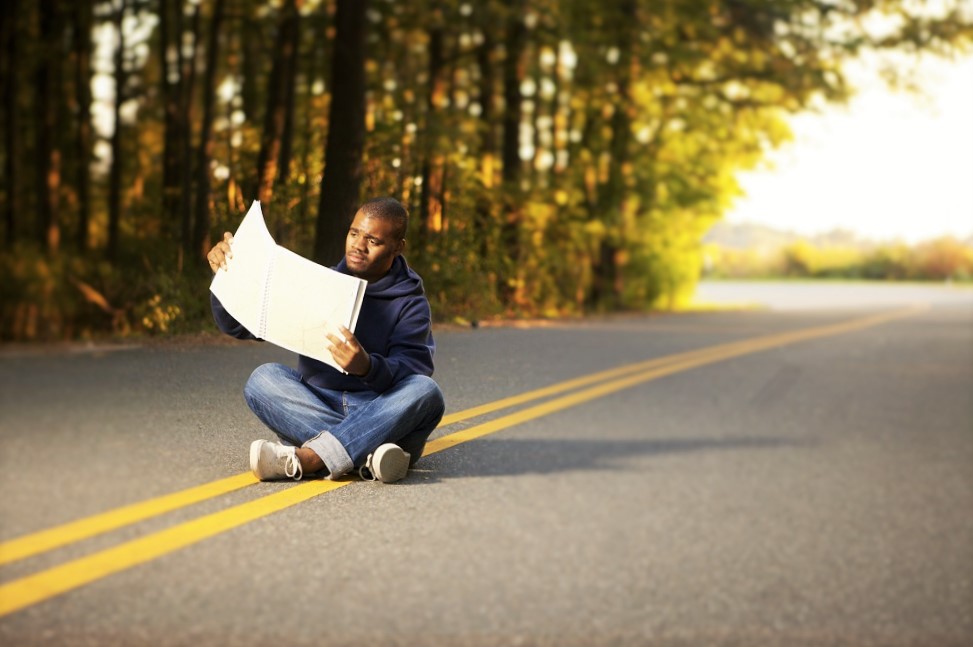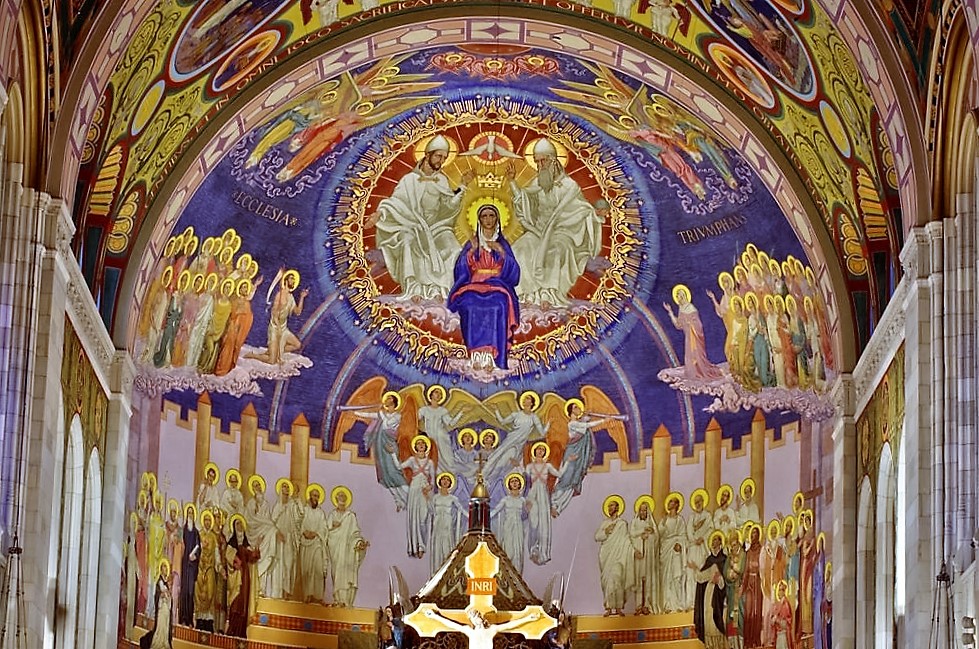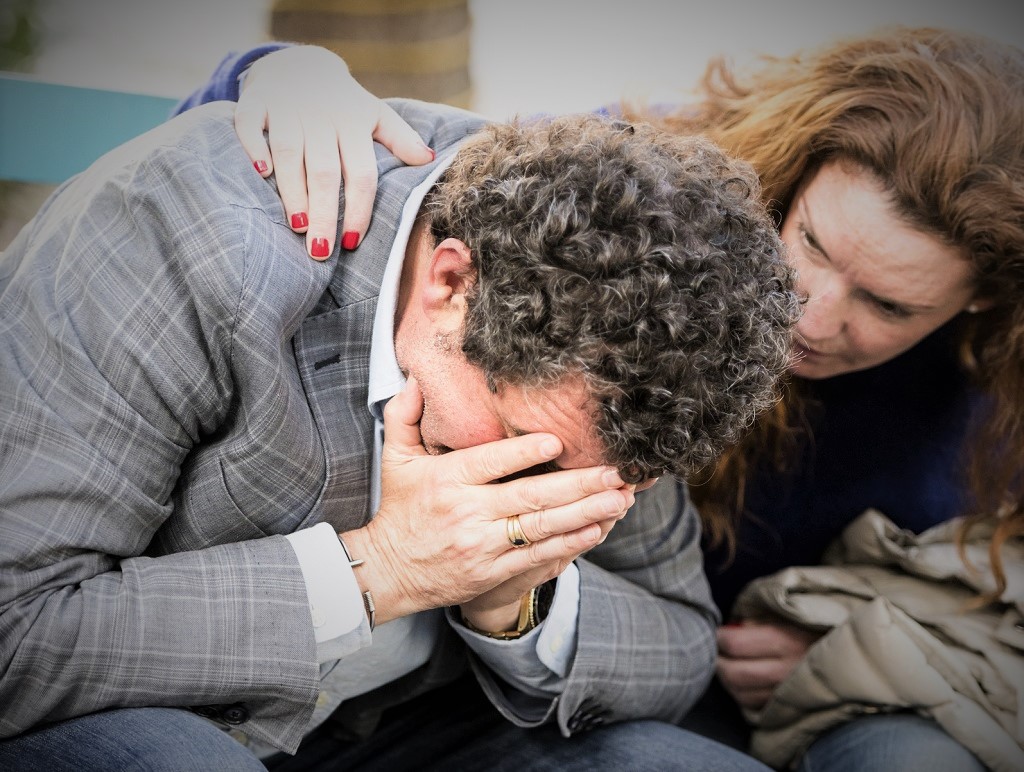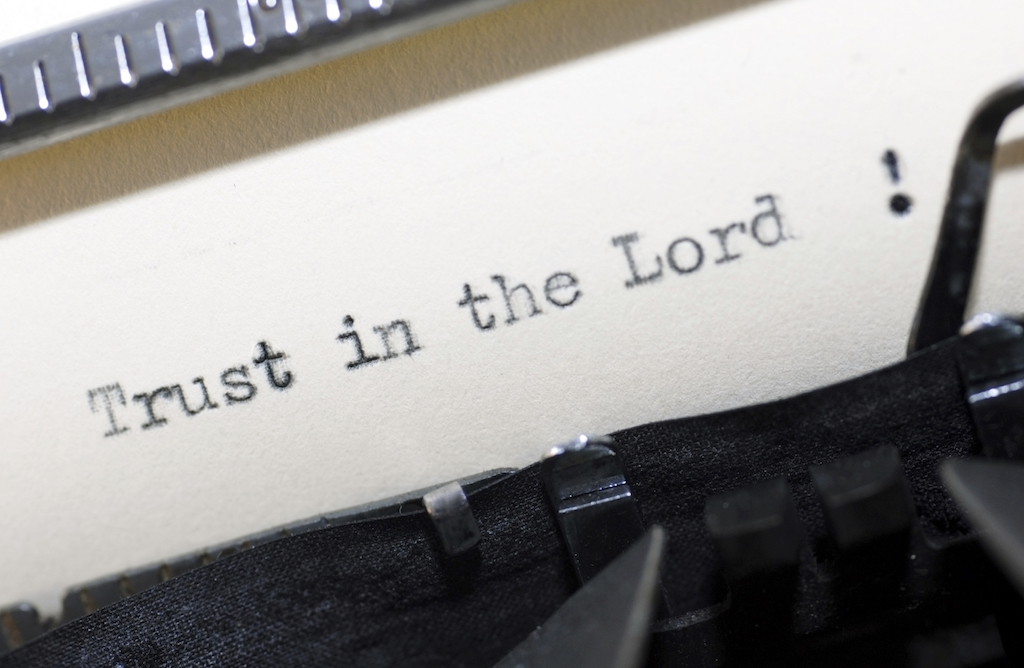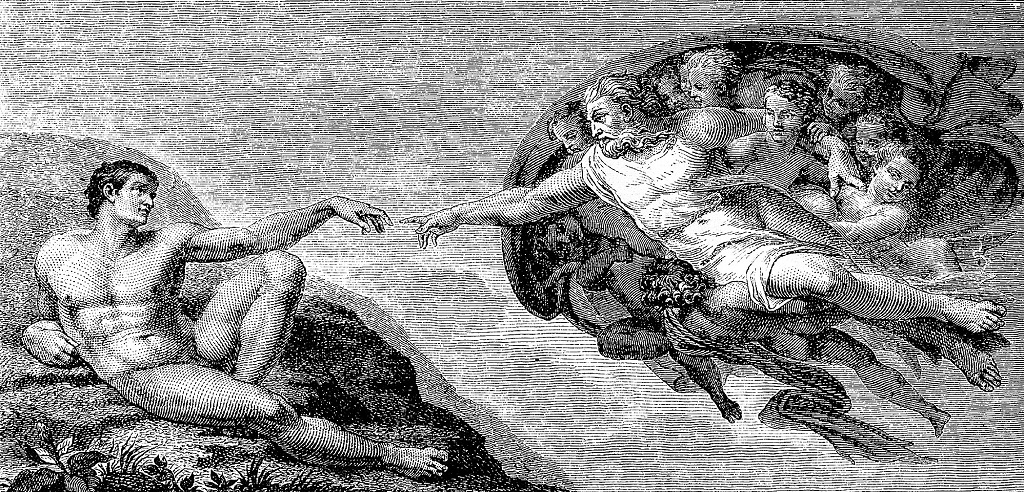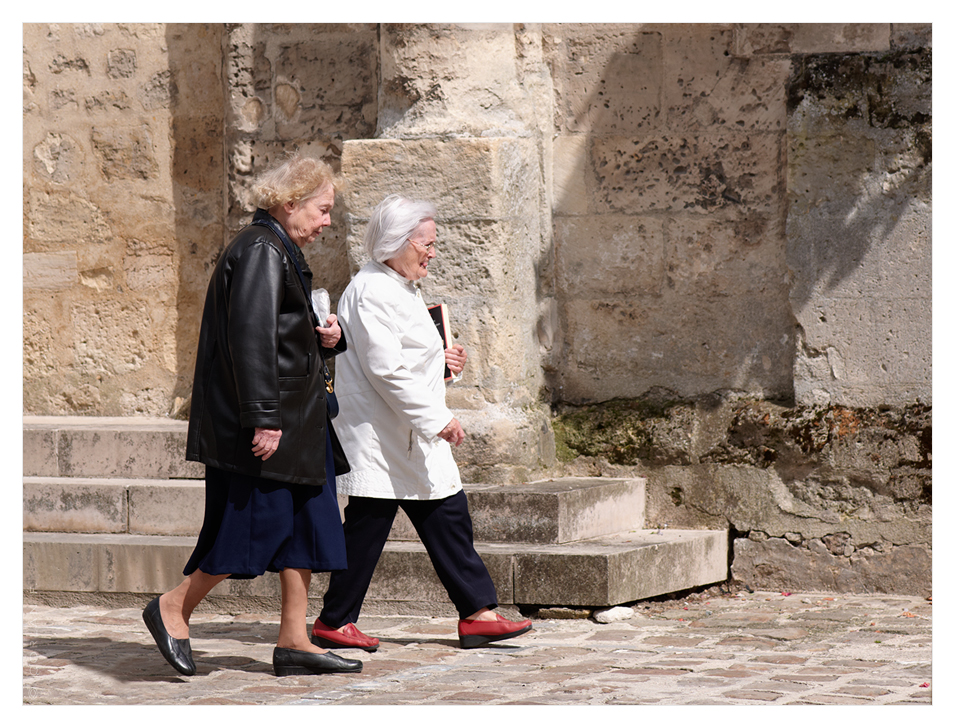We hustle through the grocery store and when our carts are full, we scout out the shortest line. Of course, we never make the right choice.
Or we go through the drive-through to grab a quick dinner, and somehow our order gets mangled and we hear those dreaded words: “Could you please pull ahead? We’ll bring that right out.”
We live in a “hurry up” society. We rush to and from work and errands, hustle our kids to appointments and sports. A current car commercial says that adults in our society have an attention span of only 8 seconds, and then touts its car’s safety features: automatic braking and lane correction. Apparently, we just can’t pay attention that long.
In today’s Gospel, from Luke, we recognize this is not a problem in just our culture.
Jesus passed through towns and villages,
teaching as he went and making his way to Jerusalem.
Someone asked him,
“Lord, will only a few people be saved?”
He answered them,
“Strive to enter through the narrow gate,
for many, I tell you, will attempt to enter
but will not be strong enough.
The passage finishes with one of the most memorable lines in the Gospels: For behold, some are last who will be first, and some are first will be last. Suddenly, we feel as if we’ve been standing in the check out line for 15 minutes and another lane opens: the people behind you scurry over before you can get there. How fair is that??
It’s a narrow gate, this passage to Heaven. It’s hard to find and even harder to get through. There are no EZ-Passes, no skip-the-line tickets, no shortcuts. Thus, we are left with the question: “Do I want to go this way? This narrow gate – is it worth it to me? Sure, salvation awaits, but this is tough, and there are no shortcuts. Do I want this?”
Catholic philosopher and teacher Peter Kreeft in his lovely little book How to be Holy, outlines the map to this narrow gate:
God makes us holy in two opposite ways, in the two parts of our lives. First, He makes us holy through our own will, our own free choice of faith and hope and love. (For divine grace does not turn off human free will; it turns it on.) And second, He also sanctifies us against our will, through suffering, because the other way of sanctifying us, through our own will’s choices, is not strong enough, because our faith and hope and love are not strong enough. So He sanctifies us also through what He allows to happen to us against our will, in other word, suffering.
There you go. If you choose the path to salvation, it’s going to be tough. It requires super-human strength (we Catholics call this “grace“) and we will suffer. We will need to, first, choose this path of our own free will, and then, turn aside from our will and allow God’s will to permeate us.
No shortcuts. No express lane. No drive-through window. But we have the most Perfect Guide, Christ Himself. “Come, follow me and you will have treasure in Heaven.”
Line forms right here. No pushing, please. If you choose this line, you’ll need to be patient.
